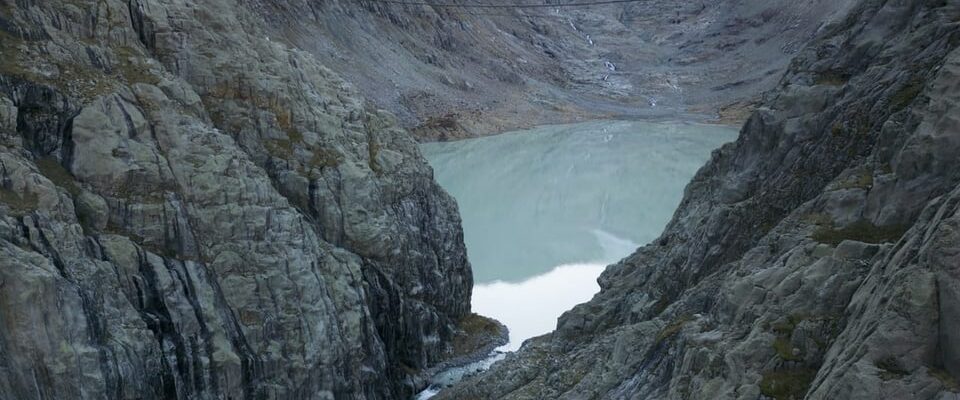Contents
Switzerland needs to build up a lot of renewable energy if it wants to become climate neutral by 2050 and phase out its nuclear power plants. But objections block projects. A proposal against which the referendum was submitted aims to provide a boost. There are still delays. An example.
The water from the Trift glacier roars in the Innertkirchen power plant. It already generates electricity, especially in summer. Thanks to a 130-meter-high dam, it will now be able to be stored and provide energy for 120,000 households in winter, when Switzerland has too little electricity. “It is an important part of the energy transition,” says project manager Benno Schwegler. Around ten percent of the two terawatt hours of winter electricity that are to be generated by the hydropower projects of national importance would be produced.
It is one of fifteen projects selected at a round table. In these cases, the interests of energy production should be given greater weight than environmental protection interests. Apparently everyone agreed: the large nature conservation associations, which were promised compensatory measures, the Bern cantonal parliament, and also the federal parliament, which added a project to the list and wrote it into law.
“Delay of several years”
But then there were objections to the Trift project from smaller associations who did not want to accept the intervention in the almost untouched landscape. “That probably means a delay of several years,” says project manager Schwegler.
Legend:
The Trift glacier, the Triftsee with the Trift suspension bridge near Gadmen. The Trift project by Kraftwerke Oberhasli AG (KWO), which envisages a reservoir and a hydroelectric power plant, wants to use this depression for the dam and thus generate electricity.
KEYSTONE/GAETAN BALLY
The many objections were a major concern at the electricity congress in Bern. If Switzerland wants to achieve its goals and become climate neutral by 2050, it will have to add around 45 terawatt hours of renewable energy by then – for example from water, wind, sun and biomass. That is much. For comparison: Today Switzerland consumes around 60 terawatt hours of electricity.
The industry and politicians fear the referendum
The hopes of the industry and politicians also rest on the proposal for electricity supply with renewable energies, against which the referendum was submitted this week. “The law later makes it clear to courts that in these specific projects, electricity production takes priority over protective interests,” says Energy Minister Albert Rösti. “This law provides security of electricity supply.” From the point of view of the referendum leaders, too much nature is being sacrificed.
The law is not yet in force – the vote on it could take place as early as June. It is also unclear to what extent the Trift project could benefit from this if the law is expected to come into force in 2025. If the project is then still pending appeal proceedings: Would the court have to weigh up the interests itself under the old law or should it definitely give priority to energy production under the new law?
At the request of SRF, the Federal Office of Energy wrote that the court would have to decide that itself. Unless Federal Councilor Rösti takes action beforehand. Because the office also writes: “We are examining a transitional provision at the regulation level that could ensure that the new provisions are applied.” In this case the Trift project would be saved. Albeit with a delay of years.
